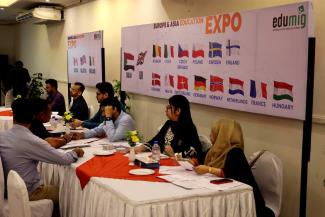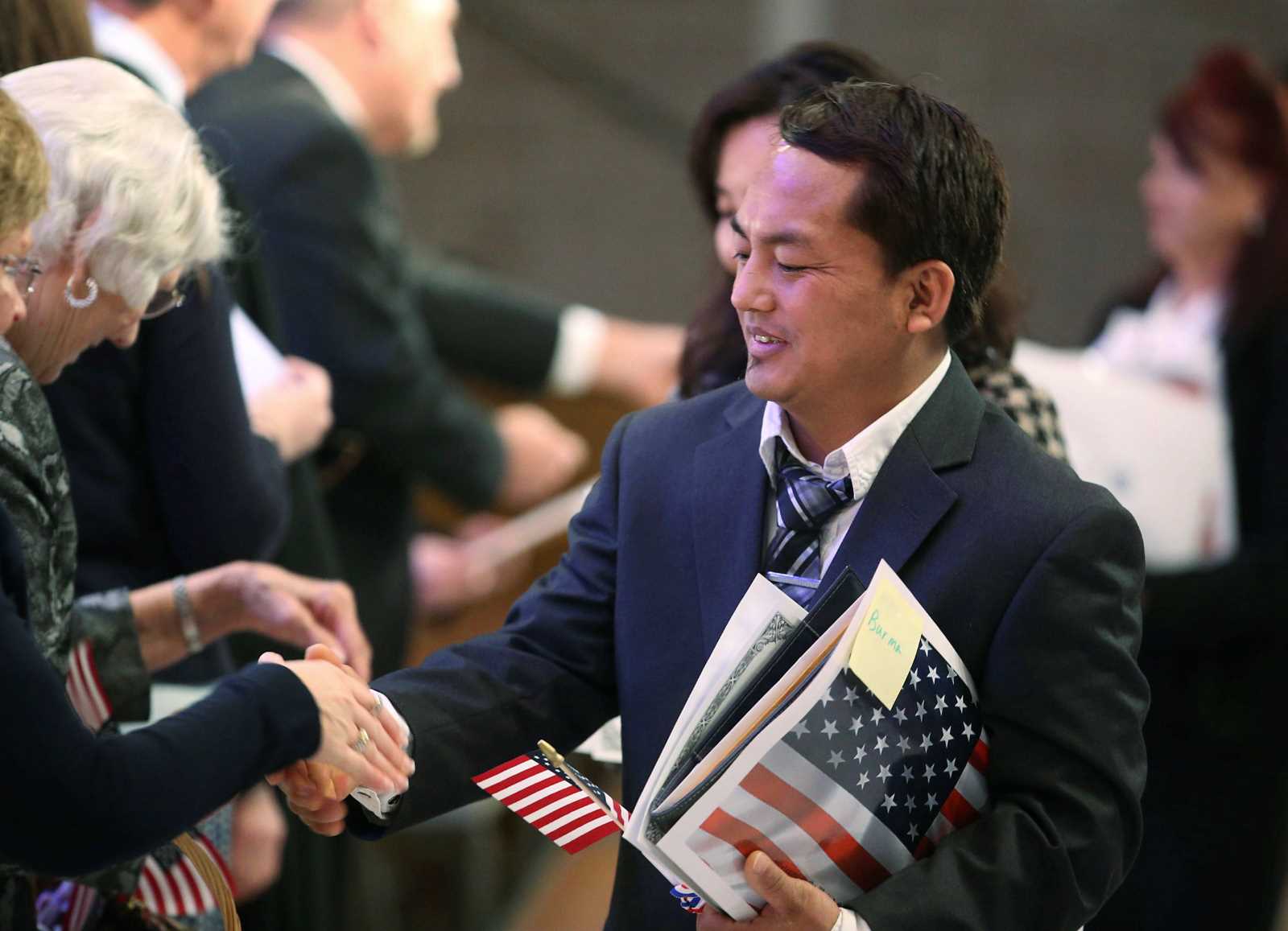Bangladesh
Student migration is fuelling Bangladesh’s brain drain

During the 2022/2023 academic year, over 13,000 Bangladeshis were studying at universities in the United States, a 300 % increase compared to 2011/2012, according to the US Embassy in Bangladesh. UNESCO statistics show that in 2021, other top destinations for Bangladeshi students included the United Kingdom, Canada, Malaysia and Germany. The shortcomings of both public and private Bangladeshi universities, the difficult job market and the lure of better prospects abroad lead students to settle in their host countries.
Up to the higher secondary level (forms 11 and 12), Bangladesh’s education system is split into four different curricula: national, international (English-medium), religious (madrasah) and vocational streams. Most students pursuing tertiary education at state-funded institutions emerge from the national and madrasah curricula. Bangladesh has 53 public universities and 37 public medical colleges, with tuition paid for by the state. These institutions can take in around a million undergraduates each year. The capacity is bigger than the number of students passing the higher secondary level annually.
There are over 100 private universities; however, only a handful have a good repute. They charge high tuition fees, and top private universities typically draw students from English-medium schools. Many of these students are comparatively wealthy and prefer to travel abroad.
Reasons for student emigration include:
- The shortcomings of tertiary education at home. Bangladeshi universities score poorly in global rankings. Public universities in Bangladesh have also struggled with overcrowding and expert lecturer shortages. Moreover, Bangladeshi universities could do a better job of giving their students the skills they need to succeed in the job market.
- Lack of opportunities in the domestic job market. University graduates face a lack of research and career prospects along with low pay and few benefits. Most outgoing educated minds aim for postgraduate studies, including engineers, physicians and other highly skilled professionals.
- Growth of the middle class. Bangladesh’s growing middle class is able to spend significant amounts of money on higher education abroad. Many explore every opportunity to settle in the global north, either through higher education or skilled work visas.
After studying abroad, some students return home but end up emigrating again to seek a better future for their families. Some do not return at all. In both cases Bangladesh loses some of its most brilliant minds – as well as the investment it has made in these people.
Ridwanul Hoque was formerly a law professor at Dhaka University.
ridwandulaw@gmail.com
Sharowat Shamin is an assistant professor of law at Dhaka University and a PhD candidate at SOAS University of London.
sharowat@du.ac.bd















